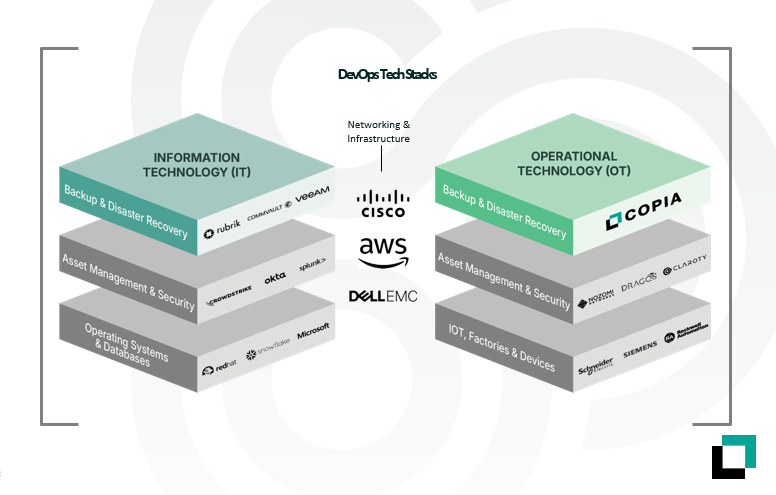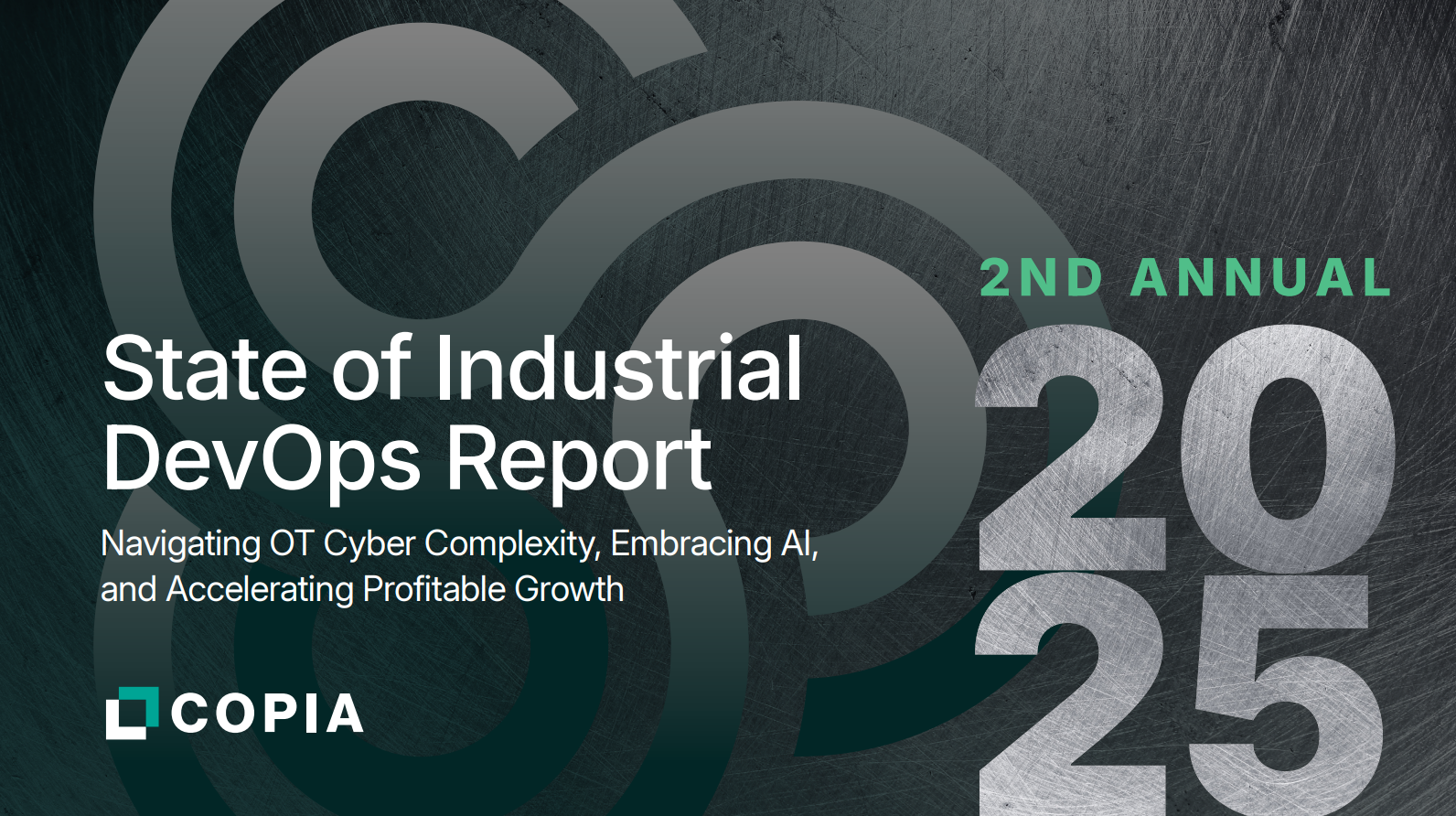What is Industrial DevOps and why does it matter?
Industrial DevOps promises to bring the agility and flexibility typically associated with modern IT programming to industrial automation environments.
Yet to fully reap the benefits, companies must couple new tools with change management practices to infuse Industrial DevOps into the organizational fabric and help counter pushback to new working styles.
Now a fixture in IT programming circles, DevOps practices and tools remain mostly foreign to industrial engineers. Platforms like Git, built on distributed version control, are unfamiliar to most in the industrial space who are accustomed to working within the check-in, check-out paradigm of centralized version control systems.
For the past 20+ years, manufacturing businesses have aimed to have one copy of a program in a central location — because if it’s distributed and there are multiple copies, individuals can download a version of it to a PLC.
A best-in-class Industrial DevOps platform is designed from the ground up to address challenges such as this by storing all vendor files and source code in a shared repository while still giving engineers end-to-end visibility and control over program changes.
Beyond highlighting the technical merits of such a platform, automation leads should follow these basic change management practices to ensure everyone — from operators to senior management — is onboard with Industrial DevOps culture:
Identify a champion and project sponsor. Engineers may recognize the benefits of Industrial DevOps to make it easier to maintain, expand, and update key systems. However, top management support is also essential to expand use beyond a few individuals or departments.
Make a clear business case to the executive team and identify a key leader who can serve as a champion and project sponsor. Their support can stoke enthusiasm while underscoring the importance of modifying work patterns to drive better business outcomes.
Clearly communicate benefits. Showcase early wins in the context of how they improve critical maintenance tasks for engineers while delivering broader business benefits like decreased downtime and higher resiliency.
Demonstrating clear examples of how Industrial DevOps delivers efficiencies and better business outcomes fuels enthusiasm and is essential for getting the broader enterprise on board.
Invest in training. Most automation engineers have worked with the same set of tools throughout their career and Industrial DevOps requires them to operate outside of their comfort zone. Create training programs that introduce the new concepts and get them up to speed on the tools. Frame the training within the context of how the shift to Industrial DevOps will make their jobs easier and their output more effective.
Doing Industrial DevOps right requires significant organizational change. A partner like Copia Automation can jumpstart the shift, providing industrial players with the right toolset and guidance to navigate each step in the modern programming journey.
Want to take a deeper dive into Industrial DevOps? Grab your copy of The Exec’s Guide to Managing OT.





